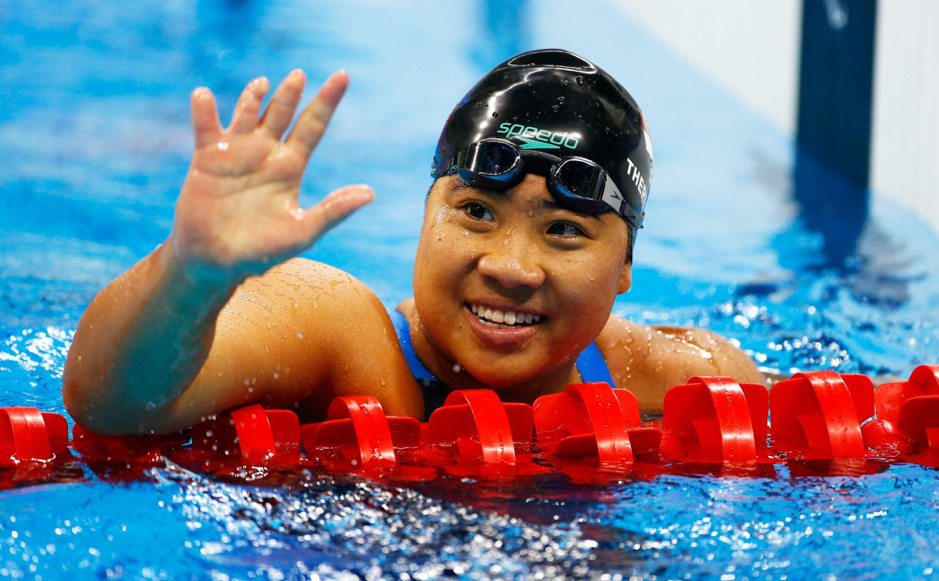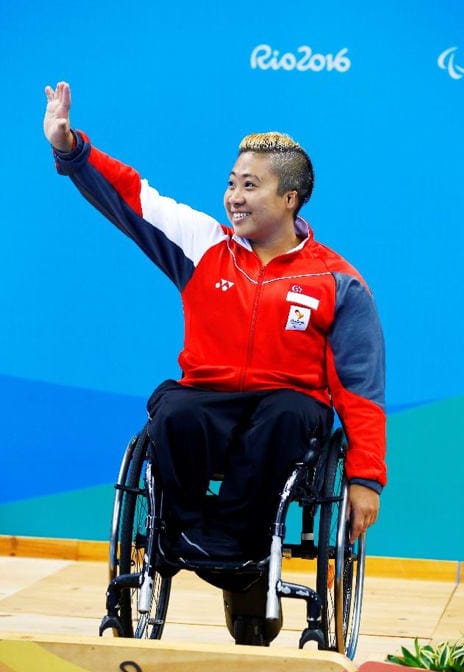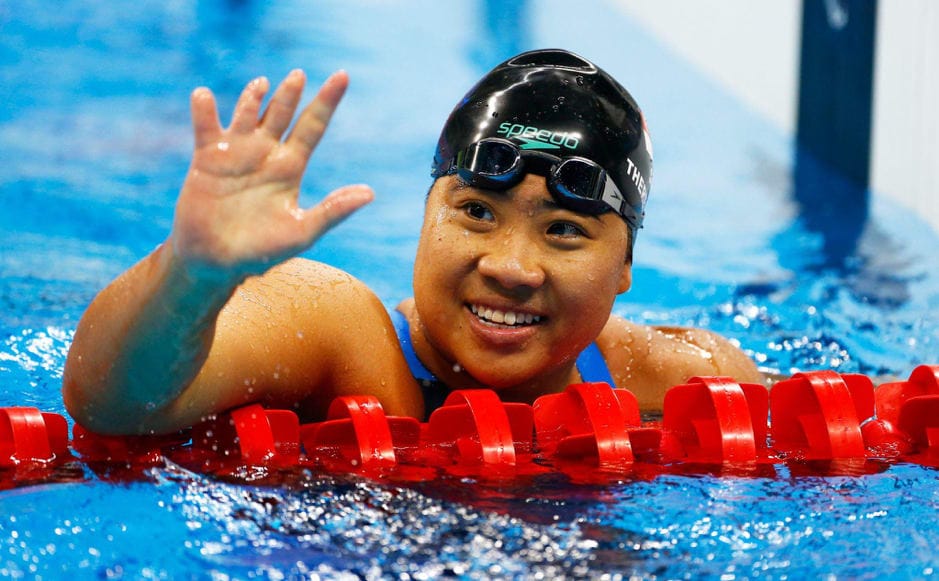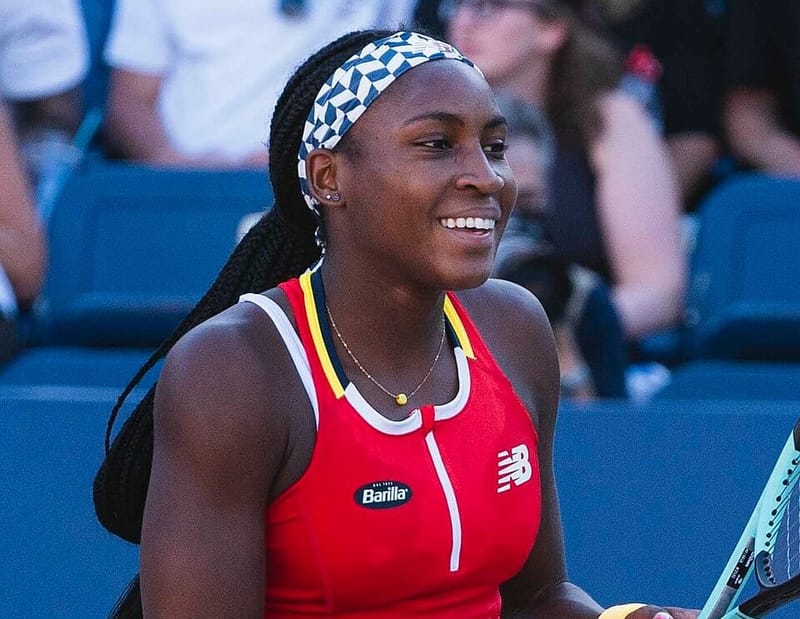Paralympic Champions: 'We're more than your inspiration porn'
Paralympians say it's damaging and incorrect to be branded 'inspirational' simply for excelling in their sports.

BY FILMENT HO
Paralympian Nurulasyiqah Binte Mohammad Taha (Nurul) was born with spinal muscular atrophy, a rare disease that causes progressive muscle weakness.
She was the first Singaporean Boccia athlete to qualify for the London Games in 2012, when she finished seventh in her individual event.
She competes in BC3, the Boccia class for athletes with major arm and leg function limitations and trunk control.
In short, Nurul is unable to grasp or release a ball.
To many people, her achievements are nothing short of inspirational. But Nurul, now 36, has become tired of being regarded as ‘inspiration porn’.

“When I see people for the first time, and they tell me I’m inspiring, I would want to ask them 'what is it about me that inspires you?',"Nurul said.
"That would help people to take a step back to think about the weight of that word," she said.
‘Inspiration porn’ might sound like an innocuous term to able-bodied people, but it has polarised disability activists for the past decade.
Researchers define the phrase as "the portrayal of an individual with visible signs of disability performing a physical activity, displaying signs of physical strength, usually complemented by a caption that encourages the viewer to be ‘inspired’".
Coined by late Australian disability rights advocate Stella Young, the term was popularised by her 2014 TEDx talk, which has be watched more than three million times.
In her blog post with Ramp Up, the comedian wrote that such depictions “exceptionalise and objectify” people with disabilities (PWDs), assuming that they “have terrible lives, and that it takes some extra kind of pluck, or courage, to live them.”
Nurul echoes Young's sentiments.
“To me, it implies that they see me as a wheelchair user, and their base expectation of me is, ‘wow, she must have it so hard, everything is stacked up against her’," Nurul said.
"That’s not true. Different people have different challenges.
“I know my other friends with disabilities are fine with the word 'inspiration' as they feel that people are looking at them positively, but I guess I’m a bit of a cynic,” she said, with a laugh.
One US study on consumer attitudes found 86% of advertisements that featured disabled models portrayed them in an ‘inspirational’ or ‘uplifting’ way.

Singaporean Paralympian and swimmer Theresa Goh, 34, said ‘inspiration porn’ is prevalent in the local media and negatively affects people living with disabilities.
“Whenever I try to bring up the fact to people that something is ‘inspiration porn’, they tend to be very defensive,” she said.
“It’s very difficult because I’m trying to tell them as a person with disability, with lived experiences and how I feel about it.”
The retired athlete was born with congenital spina bifida, a condition where her spinal cord is incompletely formed. She was the first Singaporean swimmer to qualify for the 2004 Paralympics in Athens and scored a bronze medal at the Rio 2016 Games, where she came out as queer.
“Sometimes, I struggle with how to term what I’m doing as actually amazing or whether I’m just downplaying my achievements,” she said.
“I have gotten many comments of inspiration, and at some point, I didn’t know what was really inspirational.”
Executive Director of the Singapore Sports Disability Council (SDSC) Kelly Fan said the lack of representation and awareness underpins the prevalence of ‘inspiration porn’ in the media.
“SDSC deliberately made a concerted effort to move para-sports out of charity pages and into sports news in 2006 and focused on performance comparison angles instead of disability angles, to avoid inspiration porn,” Ms Fan said.
“More awareness, education, and interaction by the rightful expert bodies, and by PWDs was vital in addressing ‘inspiration porn’, she said.
“A number of them are quite vocal about this, and nothing’s more convincing than hearing from the horse’s mouth.”
“I hope that one day it gets to the point where we’re just part of mainstream society, and there isn’t a need for segregation or differences,” Goh said.





